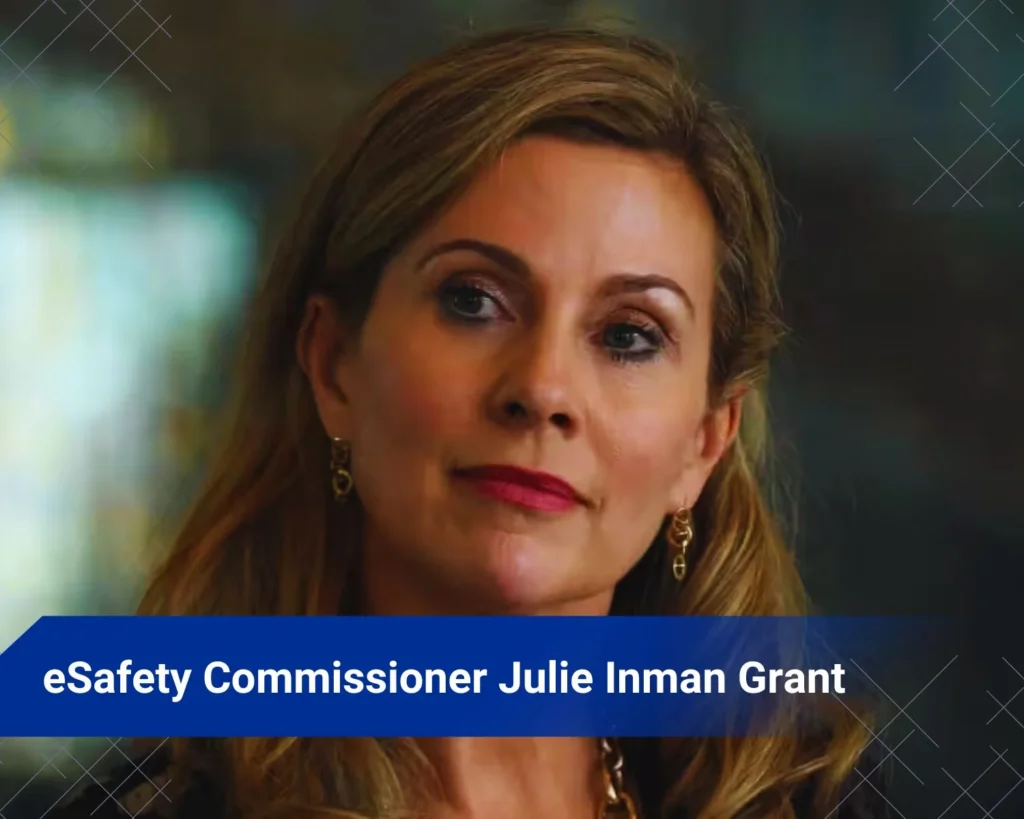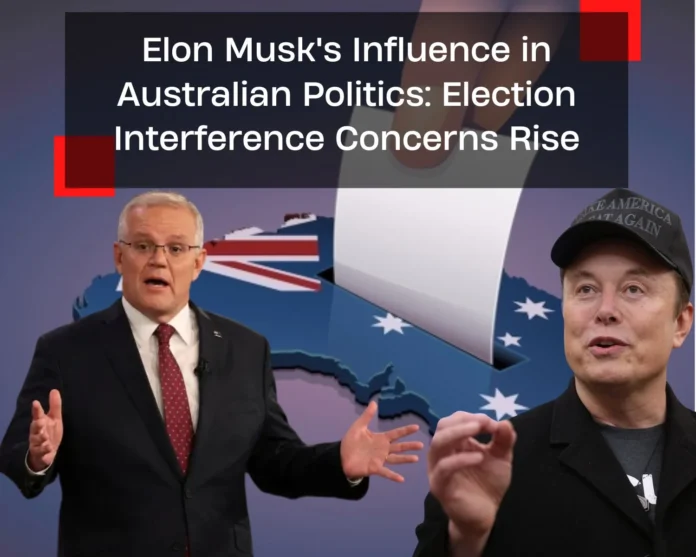Elon Musk’s Influence in Australian Politics: A Growing Concern Amid Election Announcements
With Australia on the brink of its next federal election, discussions are intensifying regarding potential foreign influence on domestic politics. A primary focus of these concerns is Elon Musk, the billionaire entrepreneur and owner of the social media platform X (formerly Twitter). His recent engagements in international political discourse have raised alarms about potential impacts on Australia’s democratic process.
Australian Lawmakers Raise Concerns Over Foreign Interference
Greens Senator David Shoebridge has voiced concerns over Musk’s political activities, particularly his vocal support for Germany’s far-right Alternative für Deutschland (AfD) party. The party has been under scrutiny due to suspicions of extremist ties in some German states.
Shoebridge pointed out that Musk has used his platform to influence election campaigns in Germany, Ireland, and the United States, sparking fears that a similar pattern could emerge in Australia. “Elon Musk is actively using his platform, X, to exercise foreign interference in the German election campaign,” he warned. Given the platform’s reach, Shoebridge called on Home Affairs Minister Murray Watt to review policies surrounding X to prevent potential interference in Australia’s upcoming election.
Government Response to Election Integrity Risks
In response, Watt acknowledged concerns about foreign interference in Australian elections but refrained from addressing Musk’s role directly. “All attempts at foreign interference are matters we take seriously, and we need to ensure that our policy framework remains strong to address these risks,” Watt stated.
Prime Minister Anthony Albanese also weighed in, reminding Musk that Australia enforces strict foreign interference laws. “Our elections are for Australians, and Australians alone,” he asserted, signaling a firm stance against external disruptions.
Ongoing Tensions Between Musk and the Australian Government
Musk has had a contentious relationship with the Australian government, particularly regarding content moderation policies. His clashes with Australia’s eSafety Commission have intensified over attempts to remove harmful content from X. Last year, Musk criticized eSafety Commissioner Julie Inman Grant after she attempted to compel X to take down a viral video of an alleged violent attack at a Sydney church. The move was later abandoned, but Musk continued to lash out, labeling the Australian government’s misinformation bill as “fascist.”

Beyond regulatory disputes, Musk has been accused of playing a pivotal role in shaping global politics. Many observers believe he was instrumental in Donald Trump’s 2024 re-election campaign, further fueling speculation about his political intentions worldwide.
The Broader Implications for Australia’s Democratic Process
As the election date approaches, concerns about the influence of tech moguls on democratic processes continue to escalate. The growing power of digital platforms in shaping political discourse has put regulators and governments on high alert. With X being a key hub for political discussions, ensuring transparency, neutrality, and non-interference remains a top priority for Australian authorities.
While there has been no formal review of Musk’s activities related to Australia’s election, lawmakers stress the need for vigilance. With foreign interference threats evolving in the digital age, Australia’s electoral integrity remains a top priority for the government.
The Role of Social Media in Political Influence
The rise of social media platforms as a dominant force in political discourse has sparked concerns about their role in shaping public opinion. Algorithms on platforms like X can amplify certain narratives, sometimes favoring political figures or ideologies. This has raised questions about how tech moguls like Musk, who control these platforms, could influence electoral outcomes both directly and indirectly.
Critics argue that content moderation policies—or the lack thereof—can contribute to misinformation and manipulated narratives, potentially impacting voter perceptions and election results. With Musk advocating for absolute free speech on X, some fear this could open the door for foreign actors to manipulate Australian politics under the guise of unrestricted discourse.
Calls for Stricter Regulations on Tech Platforms
In light of these concerns, some Australian lawmakers are pushing for stricter regulations on social media platforms to ensure election integrity. Proposals include greater transparency in algorithmic decision-making, stricter content moderation policies, and oversight of foreign influence through social media campaigns.
The eSafety Commission and Australia’s Electoral Commission are reportedly discussing new measures to counter potential manipulation ahead of the federal election. These may include collaborations with cybersecurity agencies to track and mitigate coordinated misinformation campaigns.
Final Thoughts
Elon Musk’s expanding influence in global politics has drawn increasing scrutiny, particularly regarding potential foreign interference in elections. While no direct action has been taken against him in Australia, concerns persist. The intersection of technology, politics, and governance is becoming more complex, leaving many questioning how social media moguls should be held accountable in an era of digital democracy.
As discussions continue, the challenge remains to balance free speech with the need for election integrity. How Australia navigates this issue will set an important precedent for future tech regulations and democratic safeguards worldwide.


